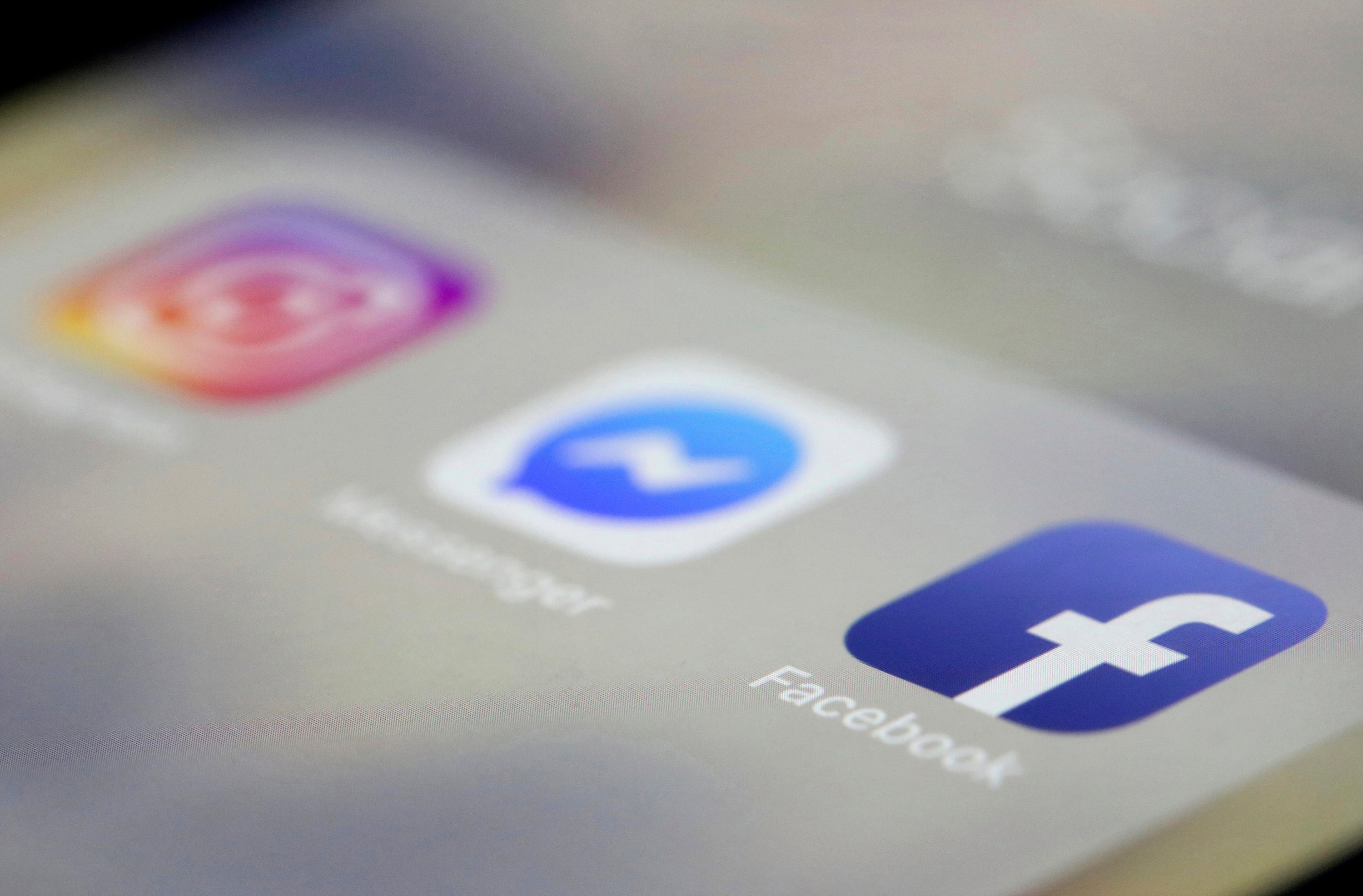Social networks could be blocked in the UK if they do not protect users from harmful content, government announces
Companies could face fines of millions of pounds over harmful content

Your support helps us to tell the story
From reproductive rights to climate change to Big Tech, The Independent is on the ground when the story is developing. Whether it's investigating the financials of Elon Musk's pro-Trump PAC or producing our latest documentary, 'The A Word', which shines a light on the American women fighting for reproductive rights, we know how important it is to parse out the facts from the messaging.
At such a critical moment in US history, we need reporters on the ground. Your donation allows us to keep sending journalists to speak to both sides of the story.
The Independent is trusted by Americans across the entire political spectrum. And unlike many other quality news outlets, we choose not to lock Americans out of our reporting and analysis with paywalls. We believe quality journalism should be available to everyone, paid for by those who can afford it.
Your support makes all the difference.Social networks that fail to protect their users from harmful content could be fined or blocked entirely in the UK, the government has announced.
The new powers come as part of an Online Harms Bill that aims to stop the spread of damaging content online.
It will mean that companies could face fines of millions of pounds over harmful content, with the rules allowing for fines of £18 million or 10 per cent of their global revenue, whichever is higher. If they do not comply with those fines, they could be blocked from being accessed, the government announced.
Proposals had previously suggested that senior executives could be held criminal liable for such content. The government indicated that it reserved the right to add those powers if the new rules are not followed.
The proposed legislation will apply to any company in the world hosting user-generated content online which is accessible by people in the UK or enables them to interact with others online.
A small group of high-profile platforms will face tougher responsibilities under a two-tier system, with Facebook, TikTok, Instagram and Twitter to be placed in Category 1 as the companies with the largest online presences and most features deemed high-risk.
In addition to being required to take steps to address illegal content and activity and extra protections for children who access their services, firms in this group will be asked to assess what content or activity on their platform is legal but could pose a risk of harm to adults, and to clarify what "legal but harmful" content they see as acceptable in their terms and conditions.
The legislation will require all firms in Category 1 to publish transparency reports detailing how they are tackling online harms.
Ms Patel said: "We are giving internet users the protection they deserve and are working with companies to tackle some of the abuses happening on the web.
"We will not allow child sexual abuse, terrorist material and other harmful content to fester on online platforms. Tech companies must put public safety first or face the consequences."
The scope of the new legislation will not include online articles and comment sections, as part of efforts to protect freedom of speech.
The Government said it was also working with the Law Commission on whether the promotion of self-harm should be made illegal.
In addition, it confirmed that it plans to include private communications such as instant messaging services and closed social media groups within the scope of the regulations.
It said the proposals will see Ofcom require firms to use highly accurate targeting technology to monitor, identify and remove illegal material such as that linked to child sexual exploitation and abuse.
The Government said it recognised the potential impact this could have on user privacy and added it would ensure the measures were only used as a last resort where other means had failed, and would be subject to legal safeguards to protect user rights
This area of the proposals is likely to lead to clashes with tech giants like Apple and Facebook, who use end-to-end encryption to boost privacy and hide some user content from even the firms themselves.
"I'm unashamedly pro tech but that can't mean a tech free-for-all. Today Britain is setting the global standard for safety online with the most comprehensive approach yet to online regulation," Mr Dowden said.
"We are entering a new age of accountability for tech to protect children and vulnerable users, to restore trust in this industry, and to enshrine in law safeguards for free speech.
"This proportionate new framework will ensure we don't put unnecessary burdens on small businesses but give large digital businesses robust rules of the road to follow so we can seize the brilliance of modern technology to improve our lives."
Additional reporting by Press Association

Join our commenting forum
Join thought-provoking conversations, follow other Independent readers and see their replies
Comments